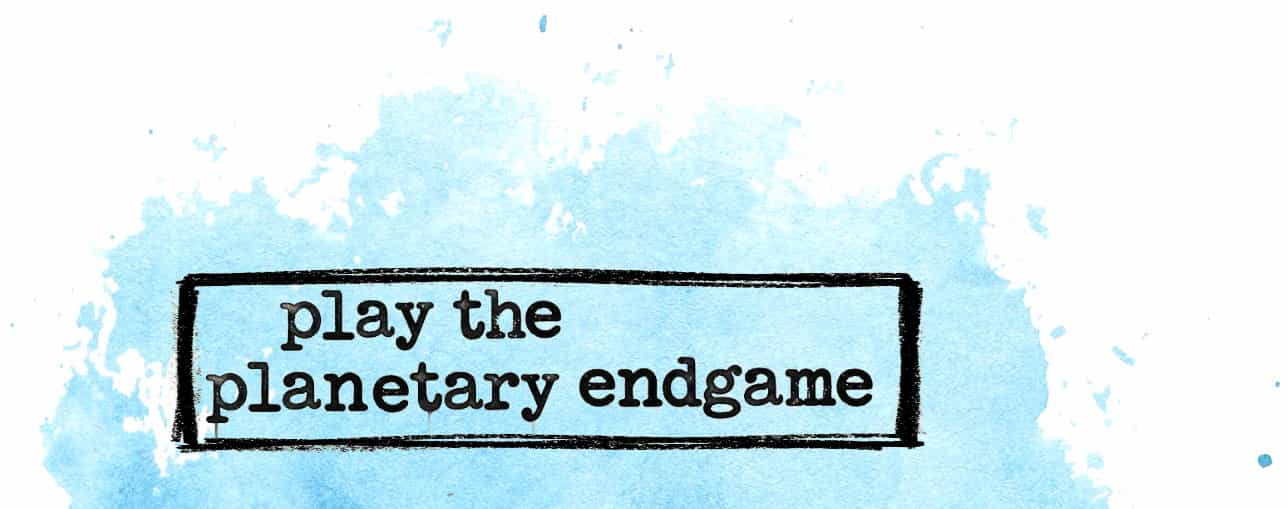The Unofficial History of America
Join the Third Force Collective to access our revolutionary briefings.
This isn't a paywall. You can close it if you just want to read the article below it. But our aim is to win the planetary endgame — we want to catalyze a moment of truth, a stunning reversal of perspective from which corpo-consumerist forces never fully recover. For that we need you.






